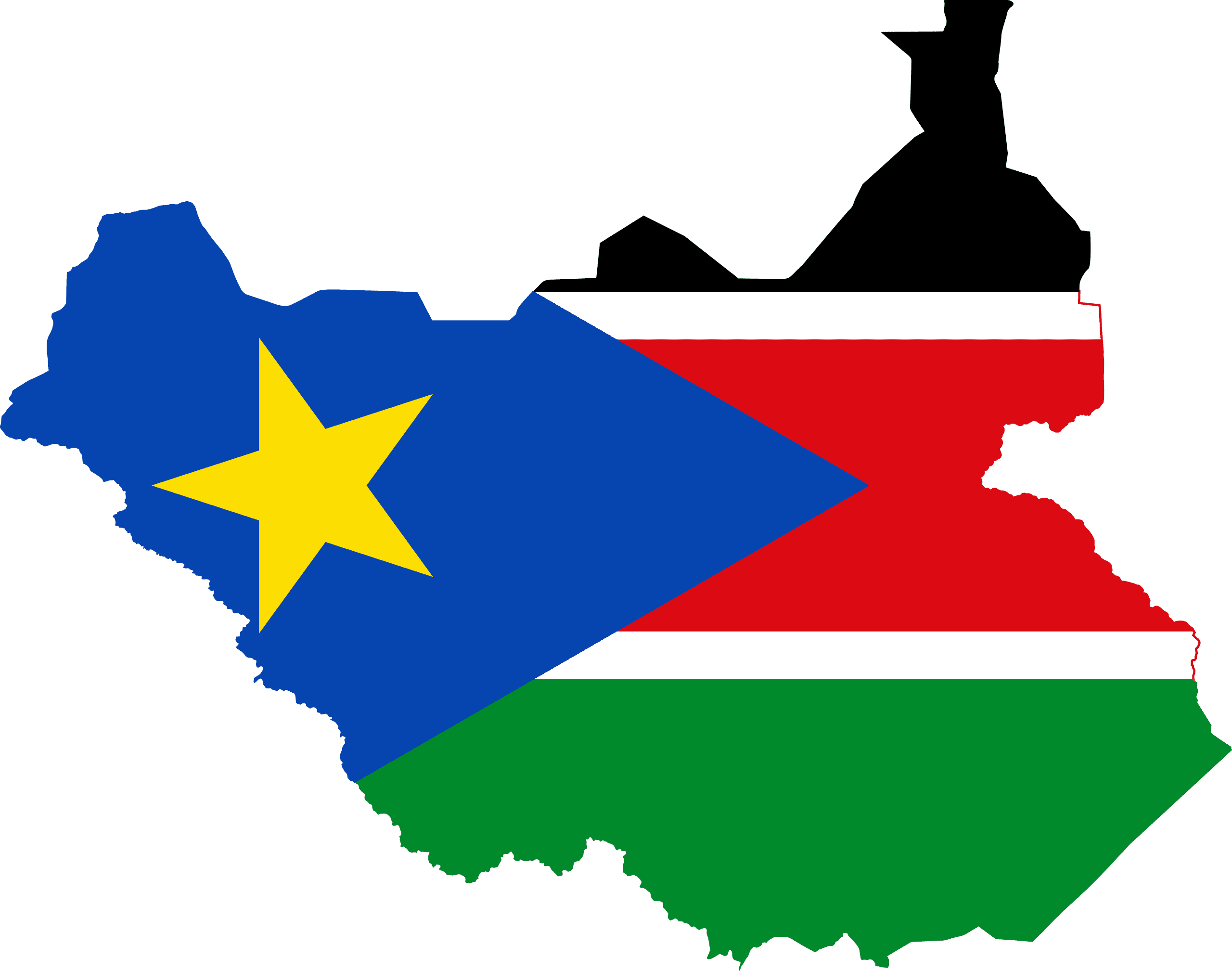Country Risk Assessment - South Sudan
South Sudan gained independence from Sudan on 9 July 2011 as the outcome of a 2005 agreement that ended Africa's longest-running civil war.
Made up of the 10 southern most states of Sudan, South Sudan is one of the most diverse countries in Africa. It is home to over 60 different major ethnic groups, and the majority of its people follow traditional religions.
Independence did not bring conflict in South Sudan to an end. Civil war broke out in 2013 when the president fell out with his then-vice president, leading to a conflict that has displaced some 4 million people.
A power-sharing agreement was signed between the warring parties in August 2018 in a bid to bring the five-year civil war to an end.
Security
South Sudan has been plagued by civil war for many years, there have been several unsuccessful ceasefires but the most recent, in 2018 is currently holding. Despite this, there are still significant threats from political instability and frequent civil unrest.
Terrorism is predominantly non-state armed groups opposing the government, although it should be noted that there’s a heightened threat of terrorist attacks globally against UK interests and British nationals, from groups or individuals motivated by conflicts in Iraq, Libya, Somalia, and Syria.
Criminality is common, with carjacking and compound robberies being a regular occurrence. Kidnapping is also known throughout South Sudan but is not as common within Juba. Kidnappers are known to monitor targets before striking.
Generally, foreign nationals are considered targets throughout South Sudan.
Environmental
Flooding is common in South Sudan between April and October, as is drought and there is known to be low-level seismic activity causing sporadic, low-intensity earthquakes.
Landmines and unexploded ordnance are common throughout South Sudan although unlikely in Juba.
The heat in South Sudan can be significantly challenging for travellers and precautions should be taken.
Infrastructure
There are major concerns regarding South Sudan’s Aviation sector with regards to regulations and overland travel, with regards to security.
South Sudan also has issues with mobile phone and internet connectivity, as well as stable electricity. The water in South Sudan is not safe to drink.
Political
Corruption is well known throughout South Sudan, affecting all levels of government. There is also no conflict within the government and between those opposing it. The security forces are known to be poorly trained.
The political instability in South Sudan is improving but is still considered the main source of the country’s poor security and high levels of criminality.
Medical
There are many communicable illnesses and diseases in South Sudan. Travellers’ Diarrhoea and Cholera are common, foreigners should be particularly aware of malaria, dengue fever, and yellow fever, all transmitted by mosquitoes, as well as Leishmaniasis which is transmitted by sandflies.
Medical facilities in South Sudan are limited and overcrowded. The sale of counterfeit or substandard drugs is also common. Travellers should make sure they carry appropriate medications with them. COVID-19 is reported a low in South Sudan although it is likely this is due to poor reporting.
Table 1 below shows the overall Country risk assessment for South Sudan, the risk scores agree with those of Crisis 24.

Juba
As the capital of South Sudan, Juba suffers from many of the same issues. The high population means criminality is high. The widespread availability of firearms, high unemployment, and high levels of security forces in other area makes Juba risky for foreign travel. Criminals have been known to impersonate police and military personnel. Robberies and violence can occur anywhere in Juba by day or night but is more prevalent in its poorest areas and at night, therefore foreigner should observe a curfew where possible.
Civil unrest is reported to be less of a concern in Juda when compared to other parts of the country.
Driving in South Sudan is dangerous, very few drivers follow any rules and accidents can spark violence, as a densely populated area, this is particularly of concern in Juba.

What we learnt on the ground
We stayed in Juba for just over a week and during that time we worked with a large number of local people. They made the following comments that we feel should be included within any CRA for people travelling to South Sudan:
- Crime is by far the biggest concern, particularly within Juba. They even suggested most of the robberies, carjackings and ambushes outside of Juba were commonly criminal or tribal.
- Carjackings and robberies of foreigners are most common at the end and beginning of the month because that is when NGO staff are paid.
- Most attacks, kidnappings etc are local people
- There are common gang-on-gang or gang-on-police clashes, particularly after dark
- Whilst the driving is dangerous it was not as bad as we were expecting and certainly not as bad as we had seen in other countries
- Stick to curfew times, do not go out when it is dark
- When we were there everything seemed calm but speaking to a local security manager he said this is often the way but things do change quickly, only a month before it had been so bad he was drawing up an evacuation plan
- PCR tests are a requirement for entry and exit via the airport
If you're travelling and would like help managing the risk please contact us to discuss your requirements.

